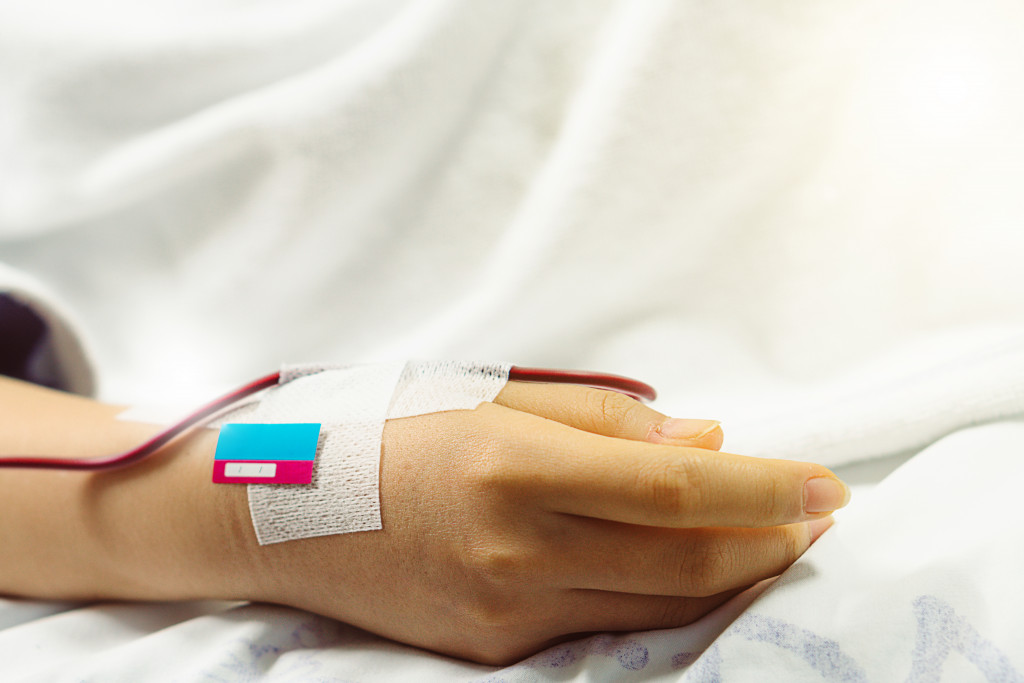When you think of medical procedures, what comes to mind? Chances are it’s not as much fun as going in for a root canal. That may be because many people don’t know about all the great things that can be done with quick and easy medical procedures. Let’s take a look at some of the most important ones that everyone should know about!
Medical procedures don’t have to be scary – in fact, some of them can be downright easy. Here are some quick medical procedures that everyone should know about:
Weight Loss Surgery
There are various reasons why someone might choose to undergo weight loss surgery. For some, the procedure can be life-saving, while others may see it as a way to improve their quality of life. Whatever the reason, weight loss surgery is a major decision that should not be taken lightly.
There are several different types of weight loss surgery, each with its own set of pros and cons. Some of the most common procedures include gastric bypass surgery, lap band surgery, and sleeve gastrectomy. Before choosing a procedure, be sure to consult with a qualified doctor to see which option is best for you.
Skin Tag Removal
Skin tags are small, benign growths that occur on the skin. They are typically soft and flesh-colored and can vary in size from a few millimeters to a few centimeters. Skin tags are most commonly found on the neck, underarms, breasts, and groin area. While they are not typically harmful, they can be unsightly and can sometimes be uncomfortable. Skin tags can be removed by various methods, including surgery, cryotherapy, and laser therapy.
HIV Treatment
If you or someone you know has been diagnosed with HIV, it’s important to seek treatment as soon as possible. HIV treatment can help prolong life and improve the quality of life for those living with the virus.
Several different medications can treat HIV, each with its own set of benefits and drawbacks. It’s important to work with a doctor to find the right medication and dosage for you.
Appendicitis Treatment

Appendicitis is when the appendix becomes inflamed and filled with pus. The appendix is a small, finger-like organ that extends from the large intestine. Appendicitis can be a life-threatening condition if not treated, so it is important to get medical help right away if you think you might have it. Treatment for appendicitis typically includes surgery to remove the appendix.
Cancer Treatment
Cancer is a scary word for many people, but it doesn’t have to be. Thanks to advances in cancer treatment, there are now some ways to treat the disease.
There are several different types of cancer, each with its own set of treatment options. Some of the most common treatments include chemotherapy, radiation therapy, and surgery. It’s important to work with a doctor to find the right treatment plan for you.
Diabetes Treatment
If you’ve been diagnosed with diabetes, it’s important to seek treatment as soon as possible. Diabetes can lead to many serious health problems, including heart disease and stroke.
Several different medications can treat diabetes, each with its own set of benefits and drawbacks. It’s important to work with a doctor to find the right medication and dosage for you.
These are just a few medical procedures that everyone should know about. Be sure to consult with a qualified doctor to determine which procedures are right for you.
Emergency Dental Procedures
Emergency dental procedures are important for a few reasons. First of all, they can help you in a time of need. If you’re experiencing a dental emergency, don’t wait – go to the dentist and get it fixed! Secondly, emergency dental procedures can prevent bigger problems from happening.
Some of the most common emergency dental procedures are dental implant placement, tooth extractions, wisdom teeth removal, and more. Each of these procedures can help you in a time of need, so it’s important to know what they are and how they work.
Pneumonia Treatment
Pneumonia is a serious lung infection that can be deadly if not treated. It is caused by various bacteria, viruses, or fungi and can affect people of all ages. Symptoms of pneumonia include chest pain, coughing, shortness of breath, rapid breathing, sweating, and fever. If you think you might have pneumonia, it is important to seek medical help right away. Treatment for pneumonia typically includes antibiotics and may include oxygen therapy, chest physiotherapy, and ventilation.
Conclusion
There are a few medical procedures that everyone should know about. These procedures can be performed in various settings, from the ER to your family doctor’s office, and can help you in a time of need. Be sure to consult with a qualified doctor to determine which procedures are right for you.



